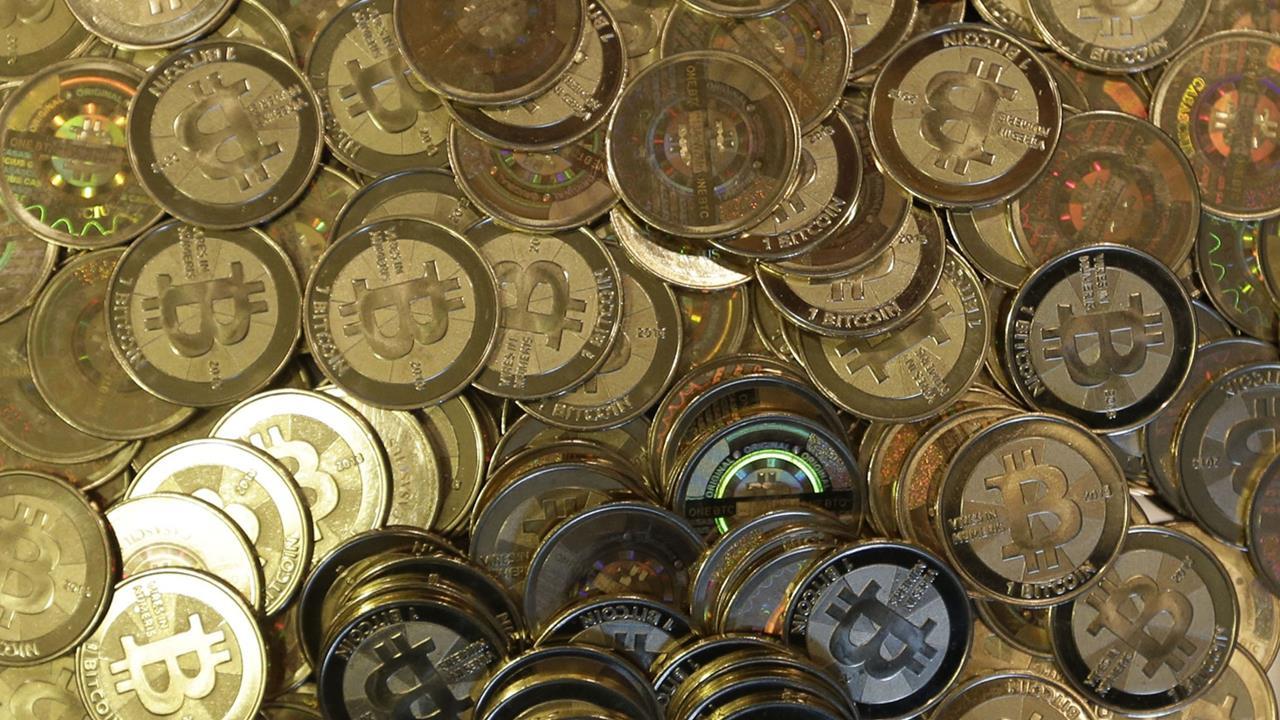Bitcoin firms won't be included in Israel share indexes: Regulator
JERUSALEM, Dec 12 (Reuters) - Israel's markets regulator said on Tuesday bitcoin-based companies would not be included in any indexes on the Tel Aviv Stock Exchange (TASE) but that does not mean they should be banned from trading.
Shmuel Hauser mentioned Natural Resource Holdings, whose shares have soared some 5,000 percent the past few months since it said it would shift its focus from mining for gold and iron to "mining" cryptocurrencies.
It was down 35 percent in Tuesday afternoon trade.
Hauser, the chairman of the Israel Securities Authority (ISA), said in a speech there was a need for a suitable regulatory framework for such instruments given that the global market value of all digital currencies grew in 2017 to $300 billion from $18 billion.
Bitcoin was quoted at $16,390 on the Luxembourg-based Bitstamp exchange, down 0.5 percent. The world's best-known cryptocurrency hit a record of $17,270 on Monday, registering a near 20-fold increase for the year.
"Bitcoin ... seems to be out of control," Hauser said, noting its price had characteristics of the technology bubble at the beginning of the millennium.
"There isn't any information on supply and demand, and whether anyone is in control of that supply and demand," he said. "That does not mean that bitcoins or alike are not to be considered, but it does mean that it should be examined at the country level by all regulators."
Underscoring the concern, Fantasy Networks, a former gaming firm, this week said it was studying the possibility of operating in the blockchain field -- the technology underpinning cryptocurrencies -- tripling its share price.
"Blockchain is a legitimate technology that will be a part of our lives," said Hauser, who will step down next month after 6-1/2 years as head of the ISA. "We will adopt it and it will enable us to lower costs for investors."
He said there needs to be a re-evaluation of regulatory schemes in financial technologies -- including crowdfunding, robot trading and trading platforms -- since securities laws were enacted years ago.
(Editing by David Evans)




















